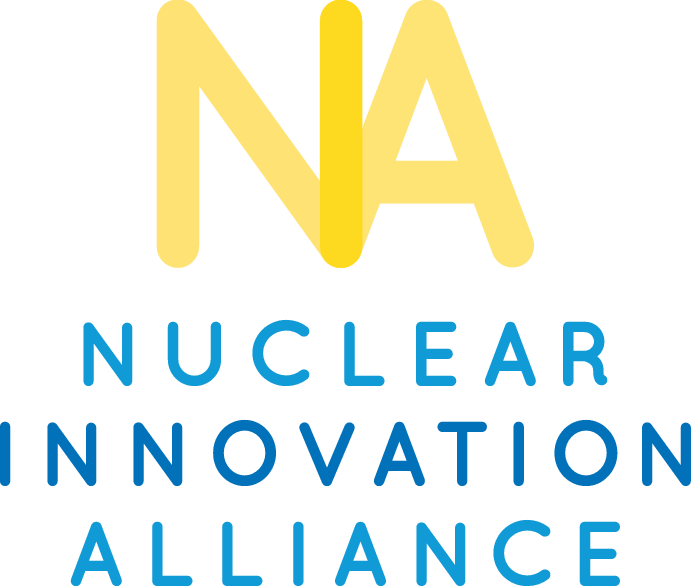
WASHINGTON D.C. Advanced nuclear reactor companies are achieving rapid progress and are quickly moving towards the deployment of first-of-a-kind (FOAK) reactors. These novel technologies are poised to help combat climate change and meet energy security needs but will need to first be licensed by the Nuclear Regulatory Commission (NRC). The NRC is the independent federal agency that licenses and permits the construction and operation of nuclear reactors in the United States. For several years, there have been bi-partisan efforts in Congress to modernize the NRC’s operations to reduce barriers to advanced nuclear energy deployment. These efforts include reducing the financial burden associated with NRC’s reviews of new reactor applications. The NRC charges applicants hourly fees for licensing reviews as part of their mandated cost recovery funding model; these fees are nearly $300/hour so the cost of application reviews can reach tens of millions of dollars.
Public funding is one solution to reducing the barriers advanced reactors face. In the Appropriations Act of 2023, $5 million was appropriated to the Advanced Nuclear Energy Cost-Share Grant Program. This program, originally established in the Nuclear Energy Innovation Capabilities Act (42 USC 16280), now has funding to provide cost-share grants to applicants to cover a portion of the fees associated with pre-application and application review activities, including those associated with developing a licensing project plan, obtaining a statement of licensing feasibility, reviewing topical reports, other pre-application and application review activities, and interactions with the NRC. The money appropriated by the Advanced Nuclear Energy Cost-Share Grant program is a valuable near-term step to reduce barriers to advanced reactor licensing, but further fee reform is needed to enable advanced nuclear reactors to deploy at a rate that meets larger energy and national security goals.
A May 2021 NIA report focused on how NRC fees pose a challenge to private-sector nuclear innovation. NIA found that reducing or excluding licensing fees is an important step in accelerating the adoption rate for new nuclear reactors. These innovative technologies will use new methods to demonstrate compliance with regulatory requirements, and these applicants will pay first mover costs as both applicants and NRC staff gain experience and develop lessons learned on advanced reactor licensing. The effective and efficient licensing of advanced nuclear reactors by the NRC is in the public interest, as is supporting the licensing of these technologies and accelerating development of NRC staff expertise in advanced reactor licensing.
The advanced reactor licensing cost share funding included in the Appropriations Act of 2023 is a welcome start to addressing NRC fees and the NIA hopes to see effective DOE implementation and additional congressional support for this important program. For more information on how we can modernize and restructure the licensing fee system at the NRC, please read NIA’s report “Unlocking Advanced Nuclear Innovation: The Role of Fee Reform and Public Investment”.
Acknowledgement: Erik Cothron, Analyst, Nuclear Innovation Alliance